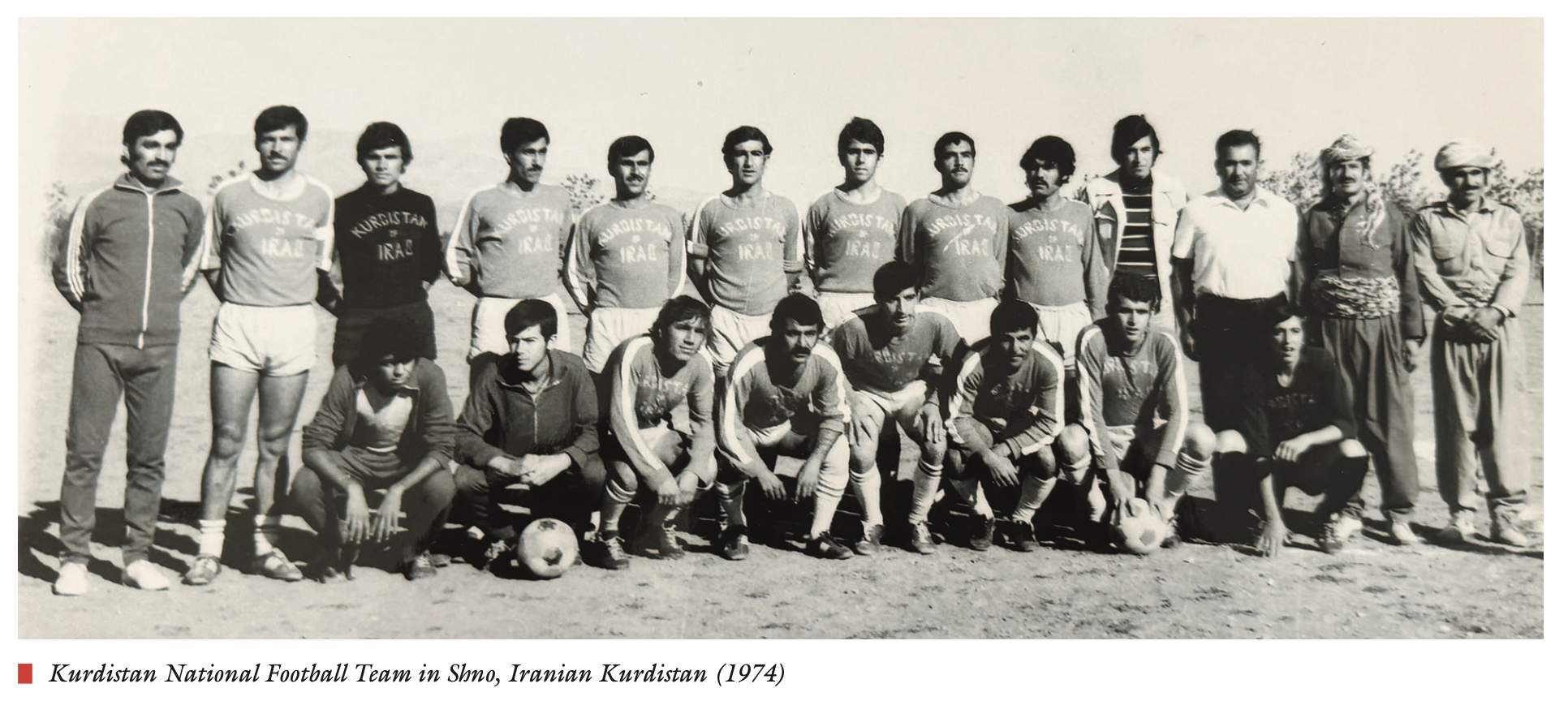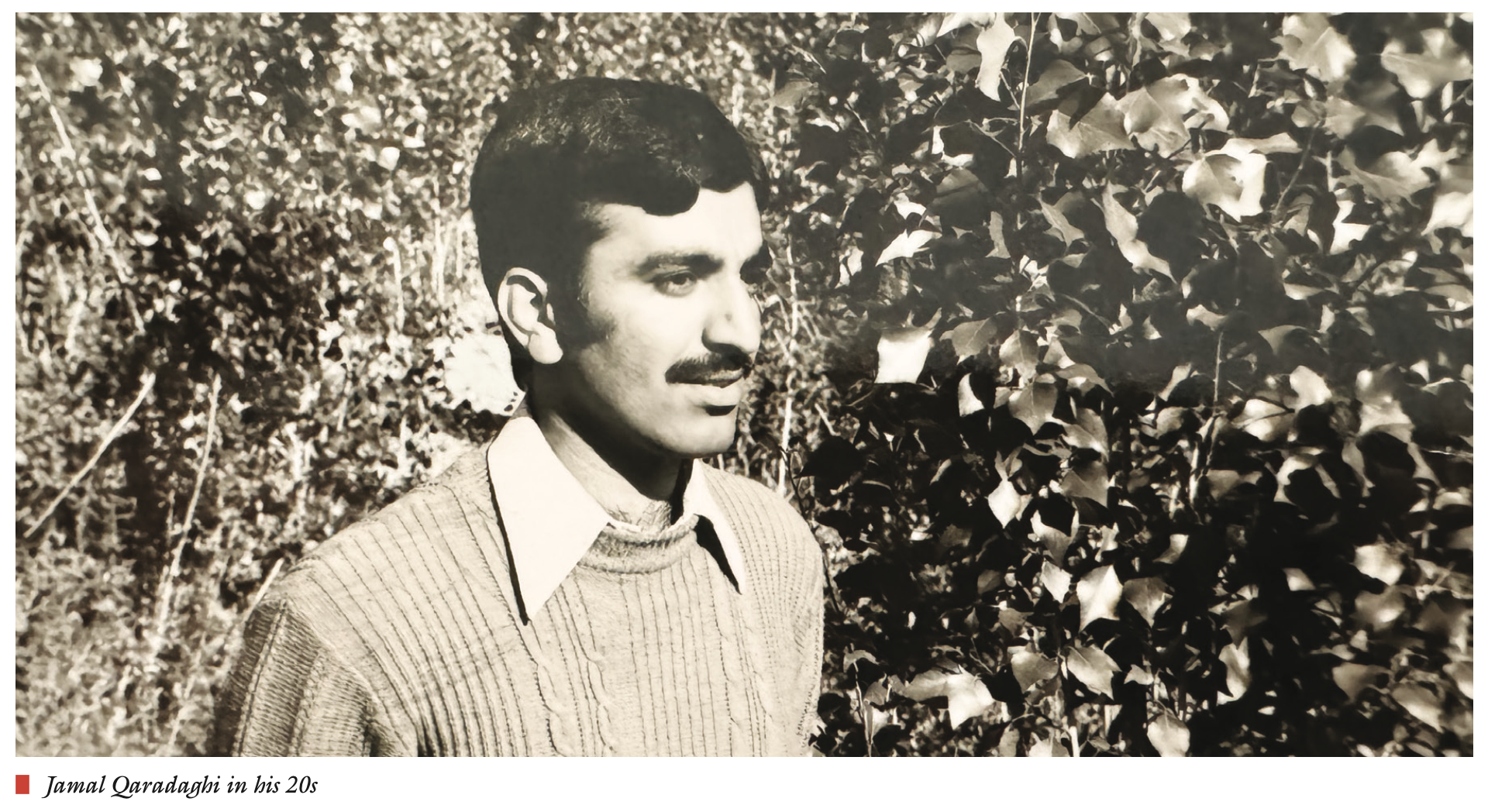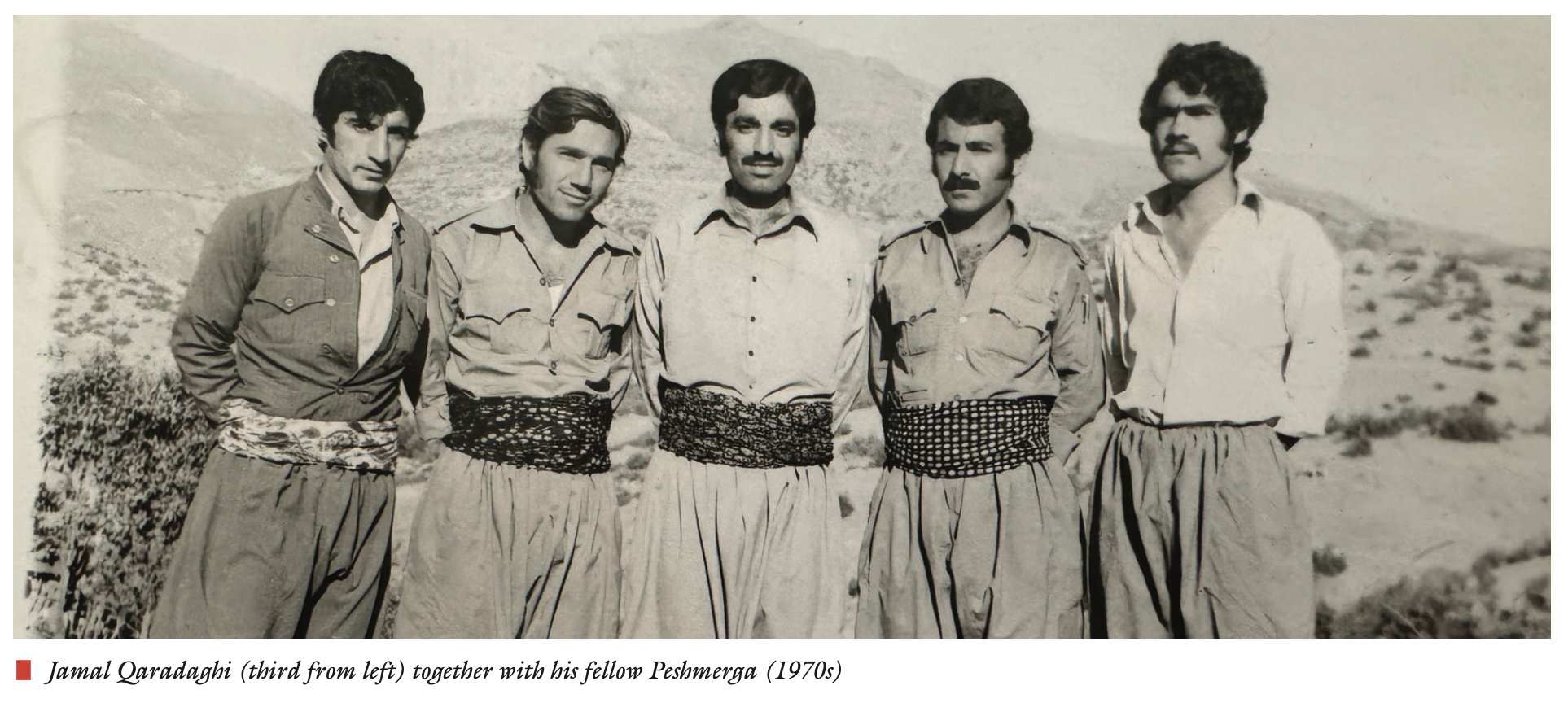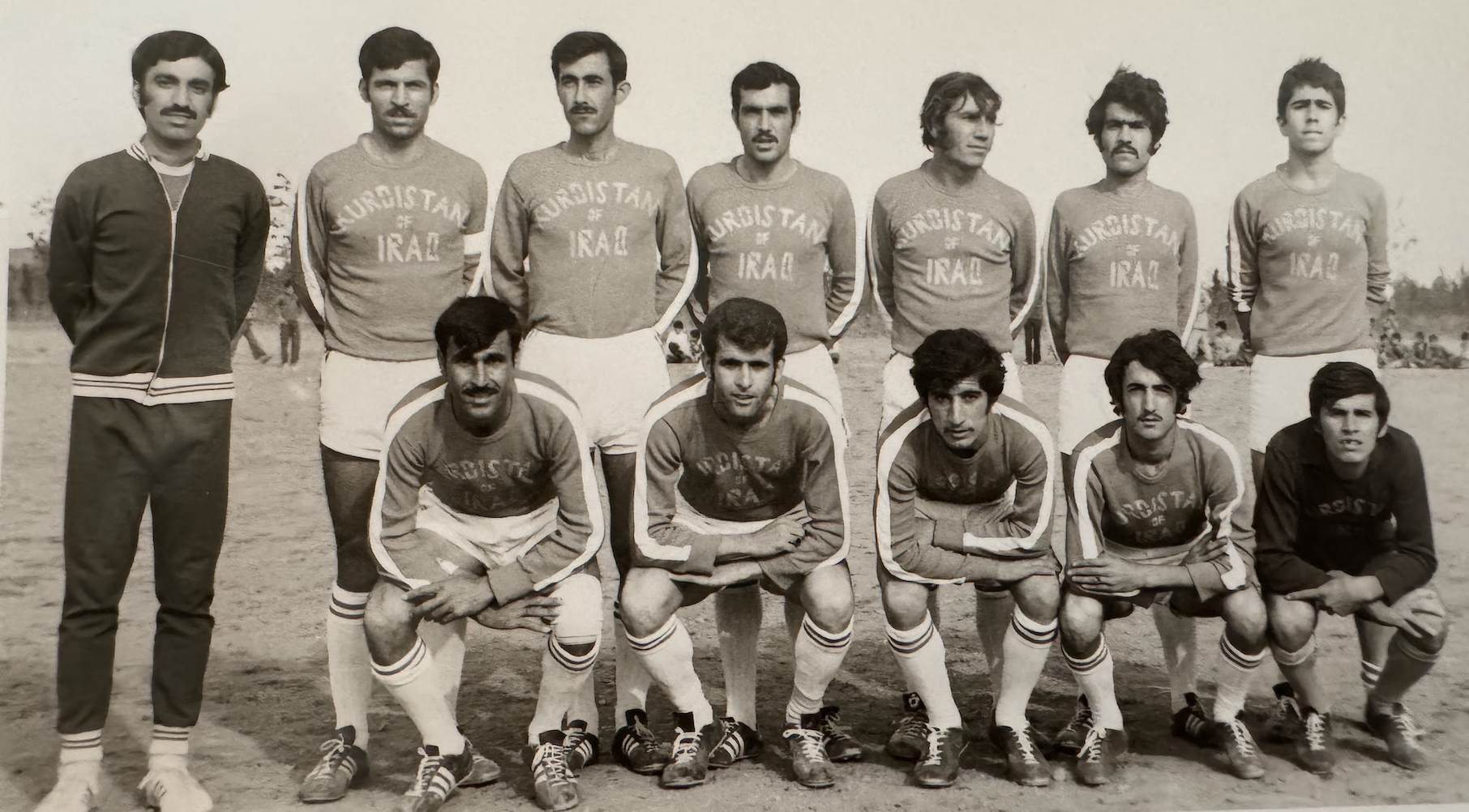In September 1974, at the proposal of the Iraqi Director General of Youth Farhad Awni and with the approval of the Iraqi Secretary-General for Information, Culture and Youth Dara Tawfiq, the Iraqi Kurdistan football team was established. I was assigned to coach the team as a graduate of the College of Sports Education at the University of Baghdad in 1973.
Due to several factors – the lack of a suitable stadium for training, the harsh climate, and the Iraqi aerial bombing campaign being carried out in the Haji Omeran area – we decided to train the team in the city of Oshnavieh, also known as Shino, in Eastern Kurdistan (northwestern Iran).
Players from various districts of Kurdistan and Iraq were called to join the team, but the majority were members of the Erbil police football team. Training sessions were conducted at the Shino stadium – near the refugee camps for Kurds who had fled Iraqi airstrikes – with the assistance of the Naqadeh branch of Iran’s Red Lion and Sun Society. A bus was also arranged to transport the team to and from the stadium.

Taking the field
After three months of preparation, with the support and presence of Tawfiq, Awni, and a large crowd of supporters from Kurdish cities and villages from Eastern Kurdistan, three friendly matches were held with the teams of Naqadeh, Mahabad, and Urmia, all of which resulted in victories for the Iraqi Kurdistan football team, with respective scores of 3-0, 1-0, and 2-0. The public supported the team with earnest applause during the matches and took commemorative photographs after them.
Tawfiq and the youth manager Farhad Aouni met at Shino stadium with the team to stress the importance of sporting events as ways to convey the message of coexistence and peace among the peoples of the region and world.

They should be undertaken, he underscored, as an act of love, especially given that the Kurdish people were bearing the brunt of an imposed war waged by Saddam Hussein’s Ba’ath regime. In his statement before the game, Tawfiq emphasized that such sporting events would help demonstrate to the world that we, the Kurds, were keen to choose the ways of peace and respect despite the difficult circumstances and that the conduct in such matches was not aimed so much at winning or losing, but rather at bringing people closer together.
He also thanked the local authorities in the cities of Shino, Naqadeh, Mahabad, and Urmia for the opportunity to conduct these events to prove the legitimacy of our just cause.
The impact of his speech was reflected in the fact that the team’s goalkeeper managed to save a penalty kick in the first half of the match against the Mahabad team.
The role of the relevant Iranian authorities must also be highlighted as positive. However, as the days and months passed, the organizers felt a growing nationalism stir among the crowd; therefore, they decided to move the team from Kurdish cities to city of Dezful in the south of Iran.

The intervention of politics
After the March 1975 Algiers Agreement between Iran and Iraq, most of the players returned to Iraq, with some emigrating from Iraq and several of them sadly passing away.
In 1975, I returned to Iraq and was assigned to the Department of Sports Education at the University of Sulaymaniyah. Later, I was transferred to the University of Technology in Baghdad as a tennis coach. After the fall of the Ba’ath regime in 2003, the security situation deteriorated. I moved to Koya University in the Kurdistan Region, where I became a teacher at the College of Sports Education and a director of the university’s Physical Education Department.
In 2014, I retired, settling down with my family in Erbil. I submitted a project proposal to the Kurdistan Regional Government Ministry of Culture and Youth to establish a sports center as a model training camp, like the training camps in Europe, but unfortunately this proposal did not advance.

The most significant lesson from my 40 years of experience is that sport has the capacity to develop self-esteem, regulate and strengthen behavior and habits, forge leadership and communication skills, cultivate patience, and develop resilience when things do not go as hoped or planned.
Many people, especially Kurdish children, do not view themselves as leaders, but sports has the power to instill in us the skills that define them: empathy, communication, the ability to listen, awareness of others’ strengths, positive reinforcement, and methodical planning in the pursuit of goals.
After three decades of working in Baghdad under the regime of Saddam Hussein and being prevented from serving the Kurdish community, I am delighted to now work at universities in the Kurdistan Region, where I can contribute to serving the Kurdish community in an academic capacity. I am proud to be part of rebuilding our sport institutions’ infrastructure and hope that we will participate in international sports competitions so that we can carry a message of peace to the world through sports.
Jamal Karadaghy is a sports educator, graduated from the University of Baghdad in 1973 and earned a master’s in 2001. He contributed to university sports at Koya University from 2006 until his retirement in Erbil in 2014.

